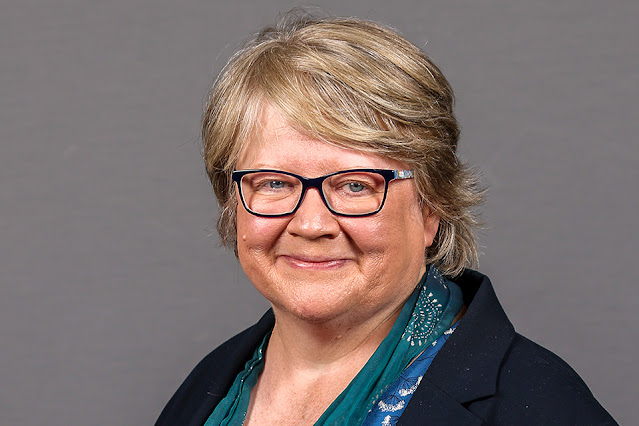 |
| The curlews come to Britain in winter to escape the bitter cold of Scandinavia |
AN independent planning inspector will decide whether a housebuilding company should be granted consent to develop a grassland habitat favoured by birds.
Cyden Homes Ltd, has lodged an appeal after North East Lincolnshire Council refused his company’s application to build 225 homes on a site in Humberston, near Cleethorpes.
The application did not go before the authority's planning committee but was determined under delegated powers by a senior case officer.
Largely on the basis of advice from Natural England, he took the view that the proposed development would result in the "irreversible loss" of land that is "functionally linked" to the Humber Estuary, an area which enjoys special protection because it is home to many important wetland birds - curlews among them.
The species’ rapidly-dwindling British population is augmented in peak and late winter by the arrival of others that have mostly bred in Nordic countries, particularly Finland.
However, they are shy birds and their their presence at inland sites such as this particular field is always determined by the extent of inadvertent disturbance by dog walkers as well as by other factors such as the weather and the wetness of the ground.
An objection to the proposed development was also submitted by the Lincolnshire Wildlife Trust.
No date has been set for the planning inquiry, nor whether it will be heard in public, but it is unlikely that the inspector's verdict will be known until well into next year.
 |
| The field - other birds to be seen here include barn owls which hunt for voles and other small mammals |





































